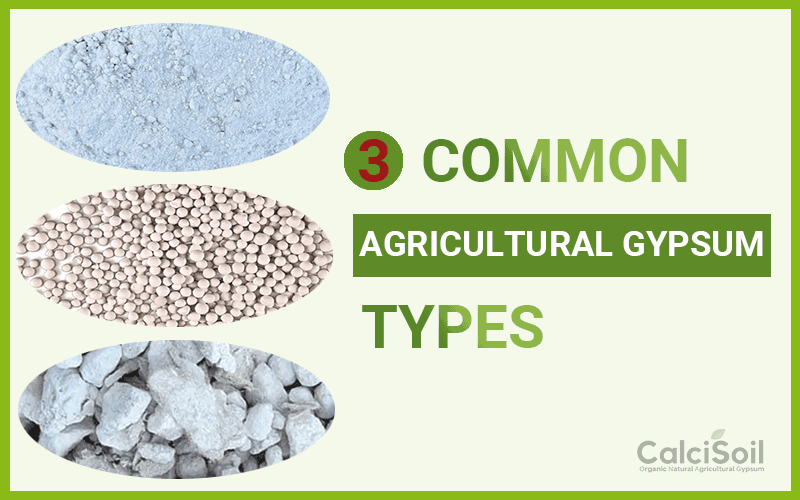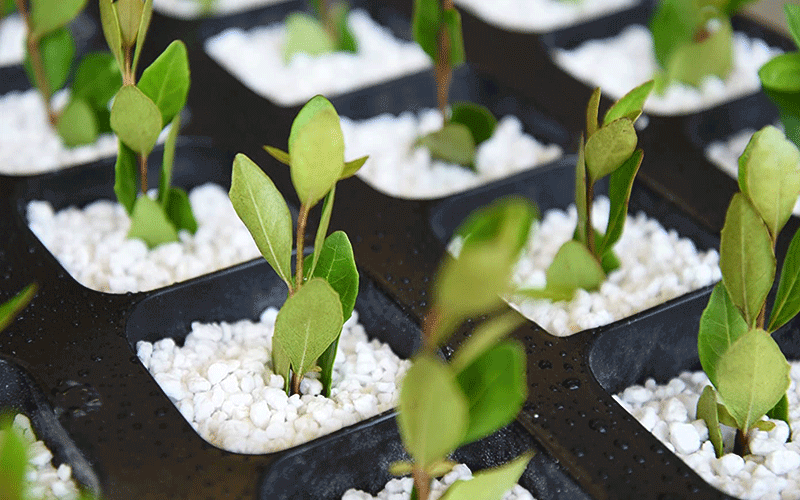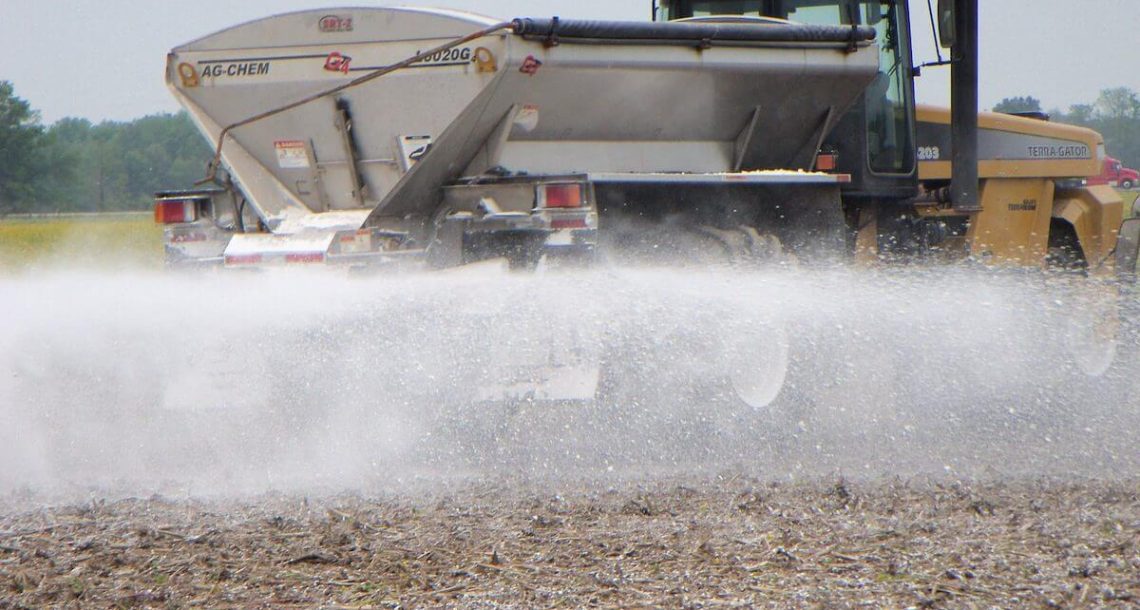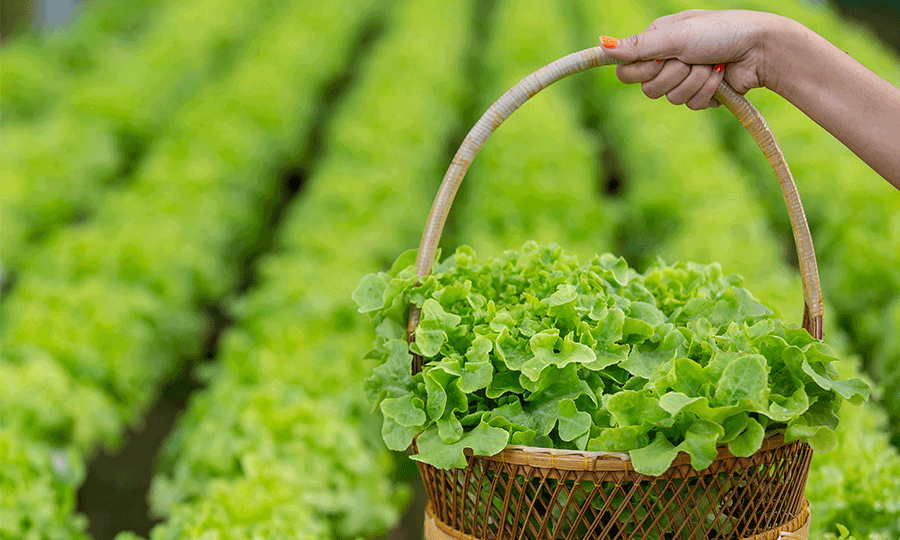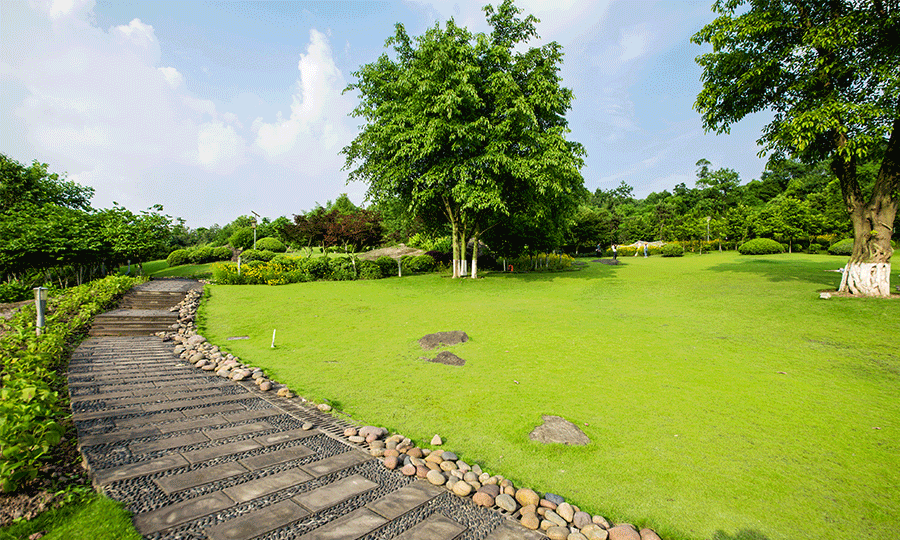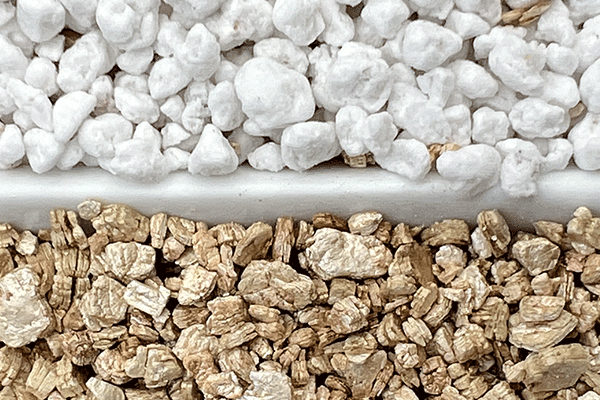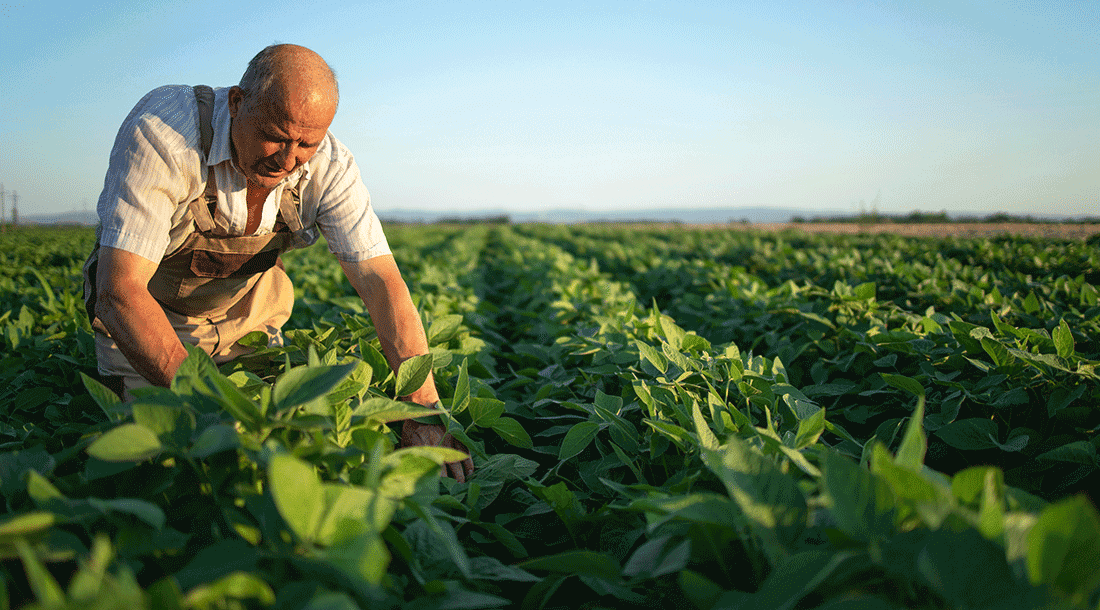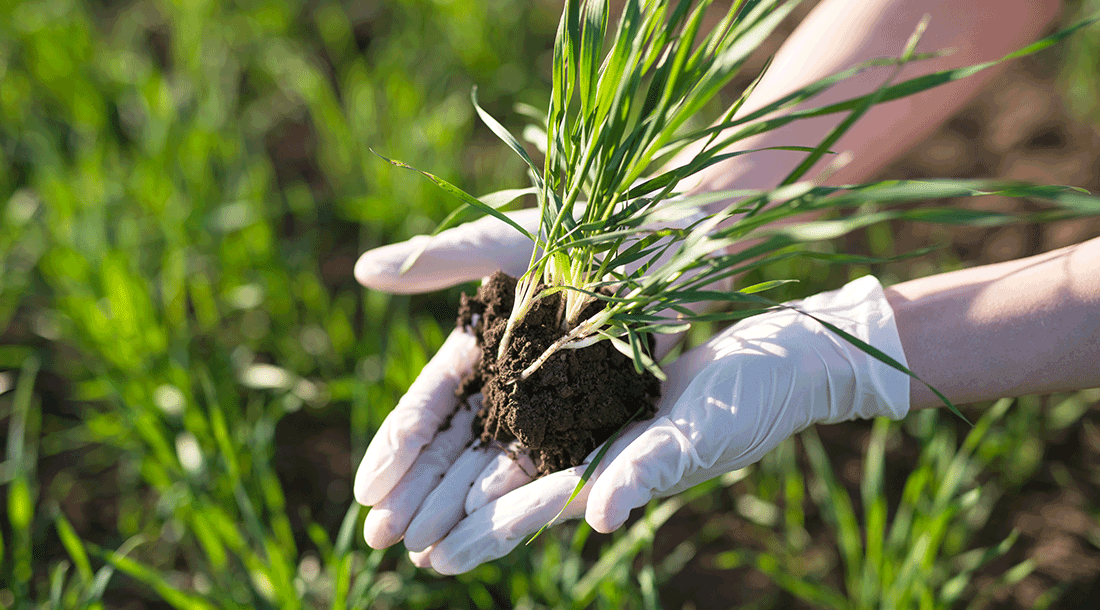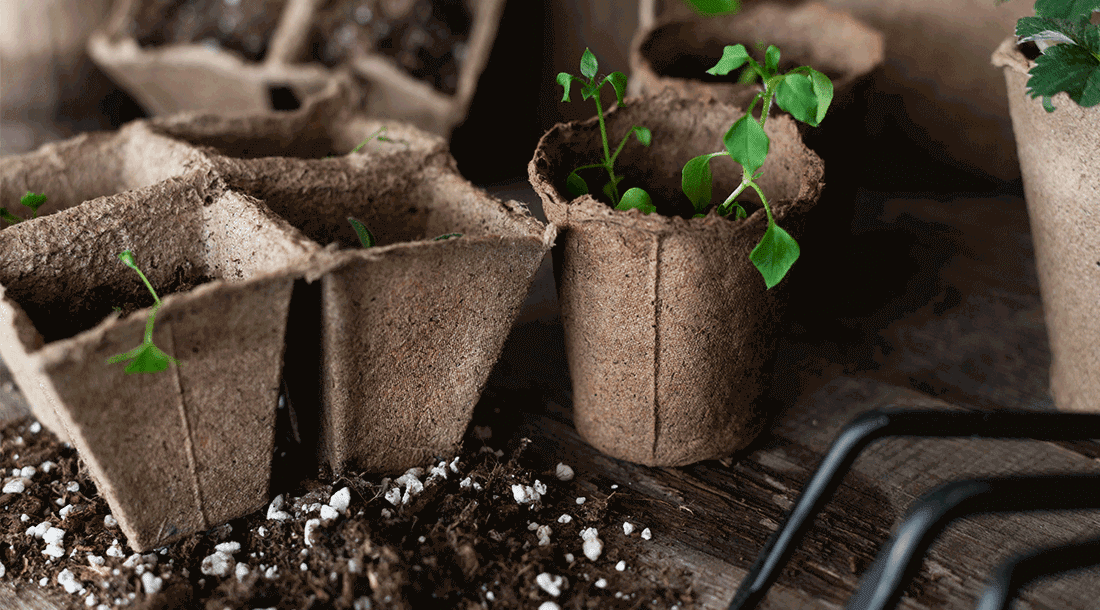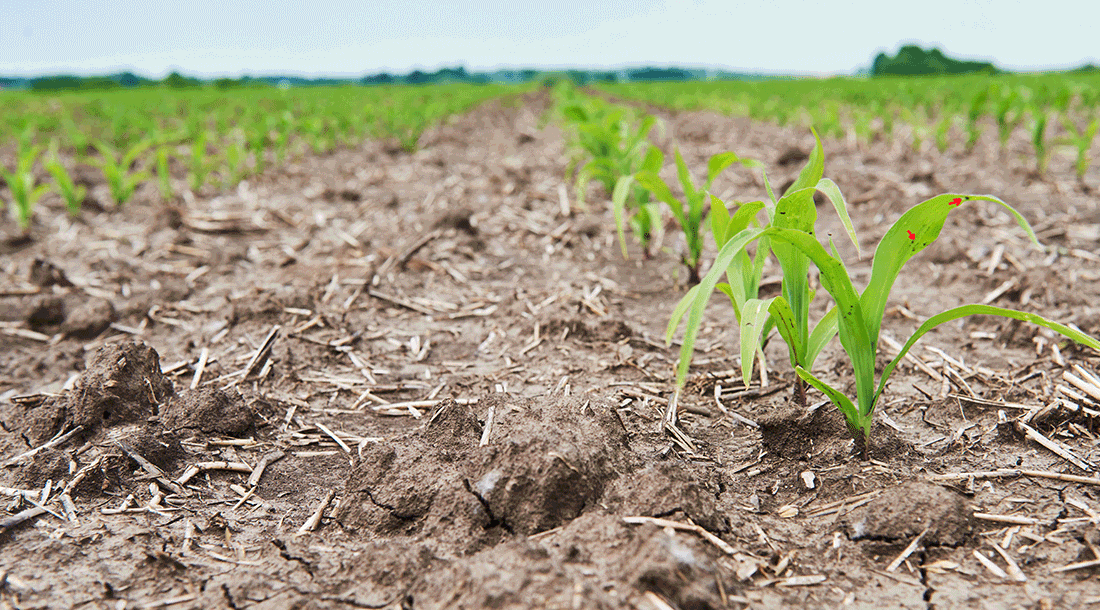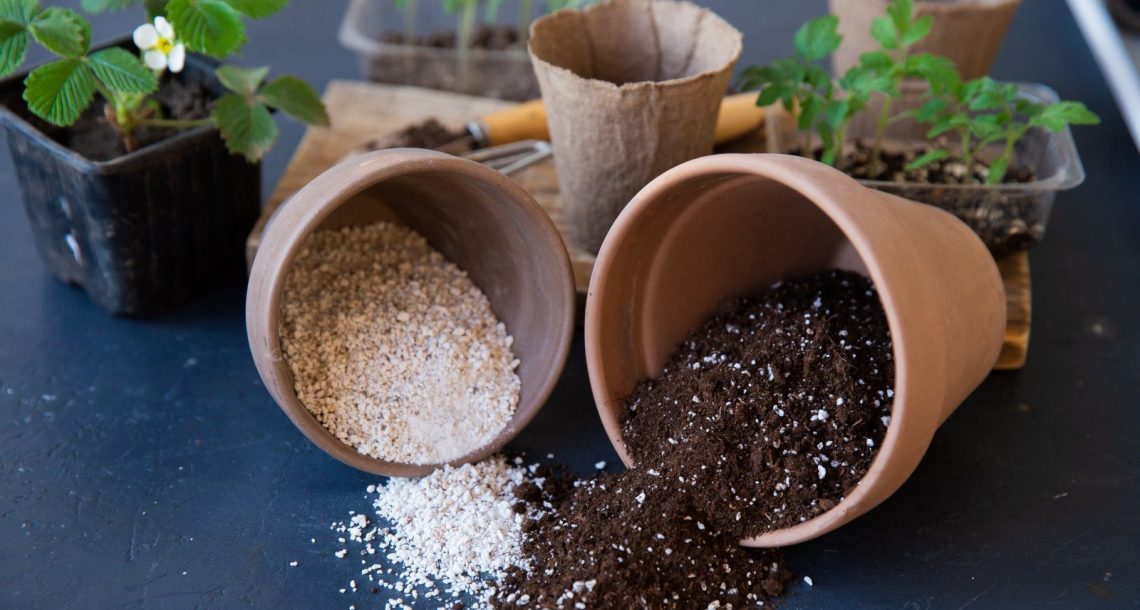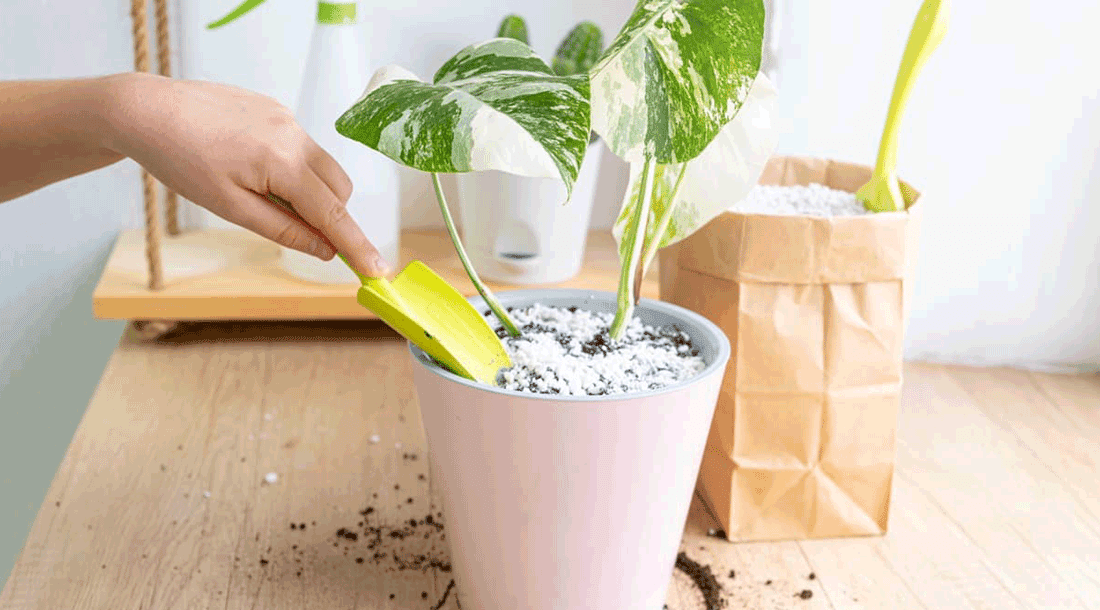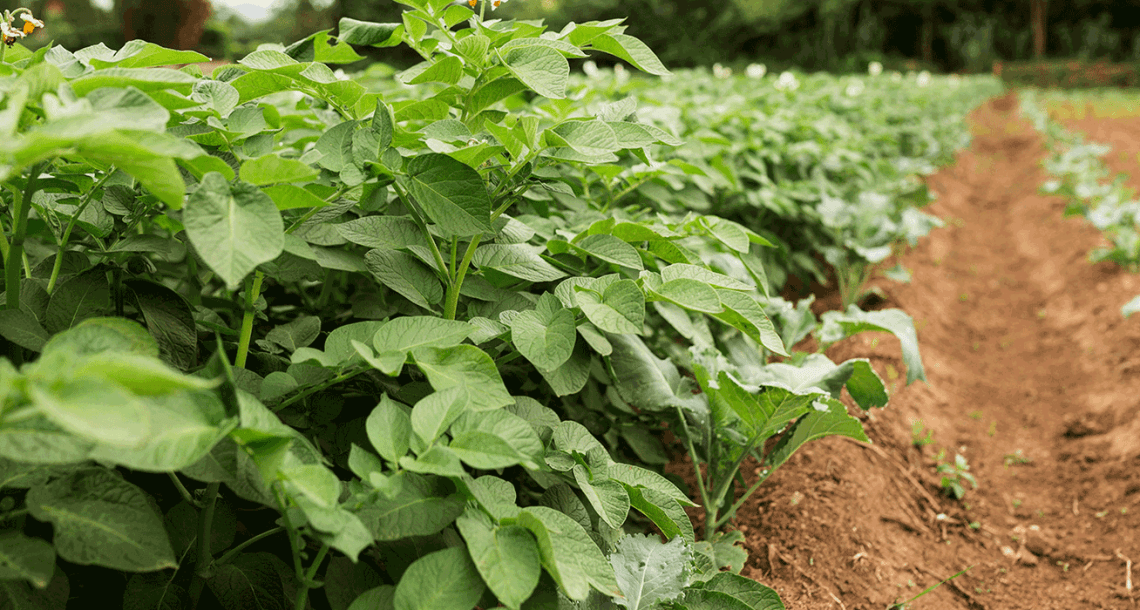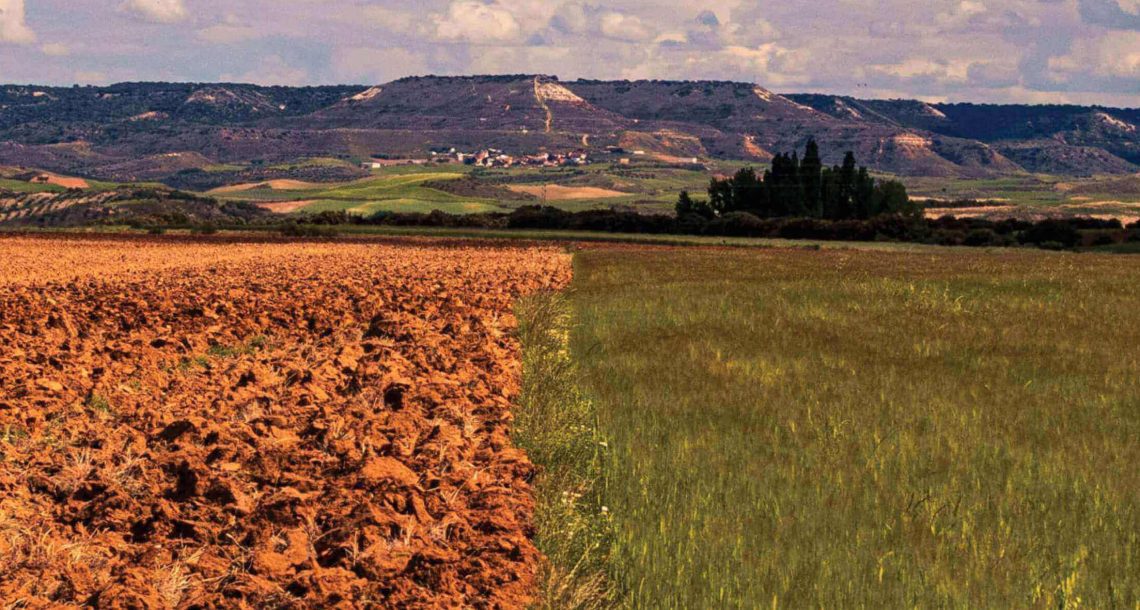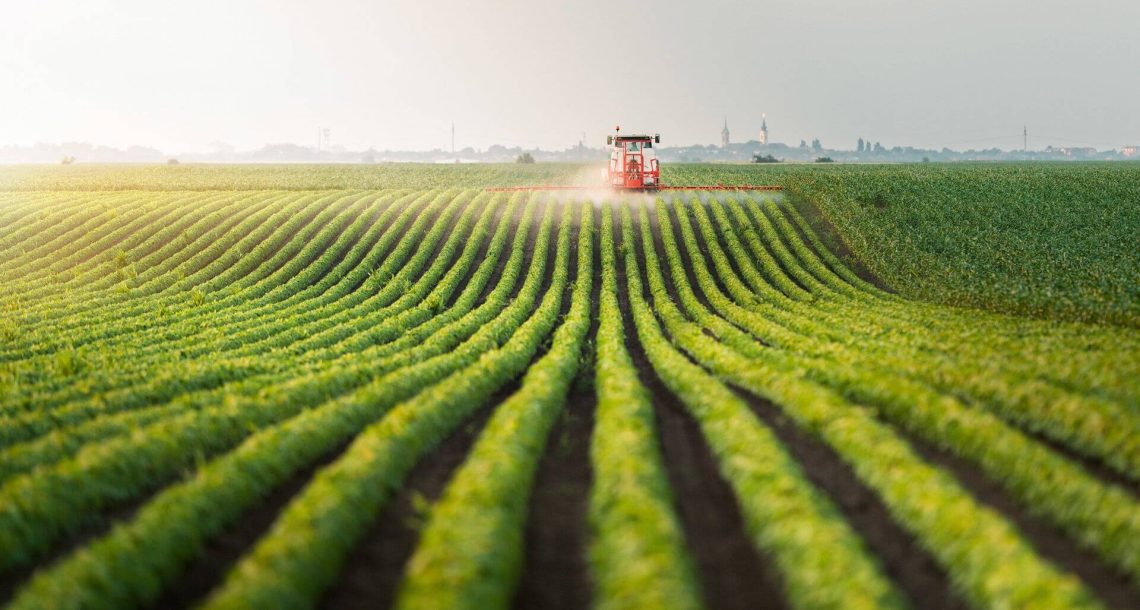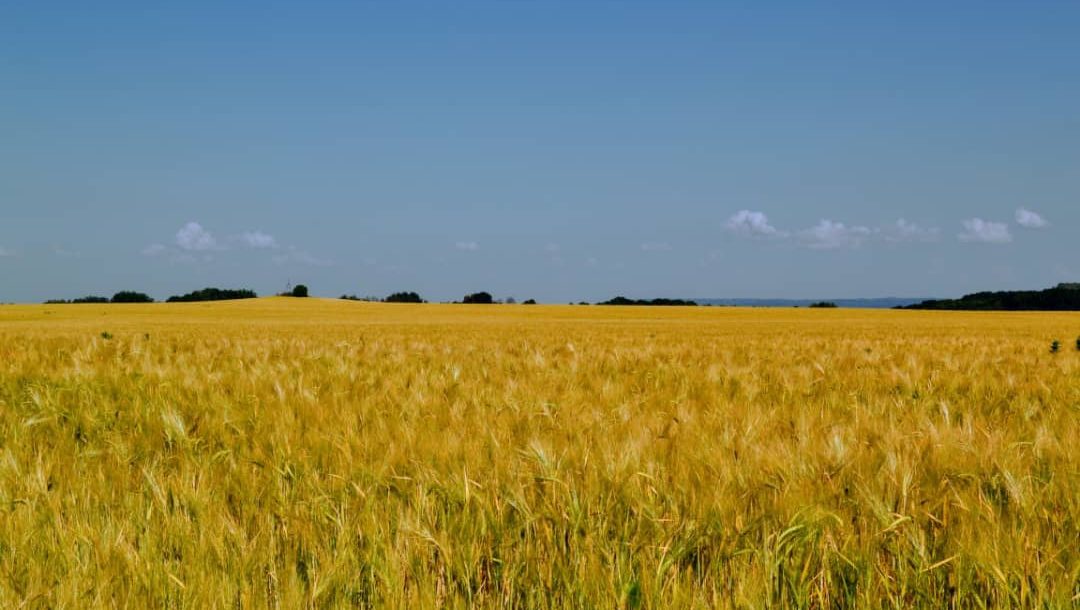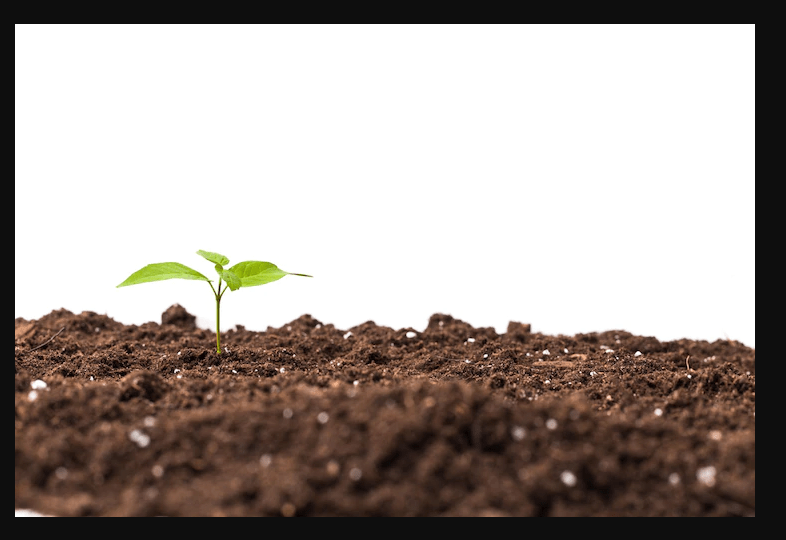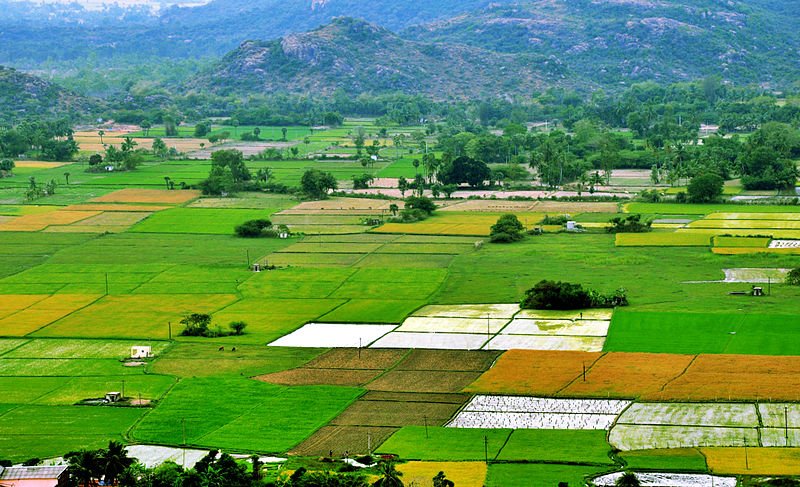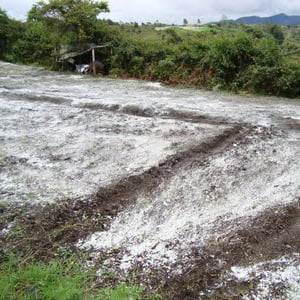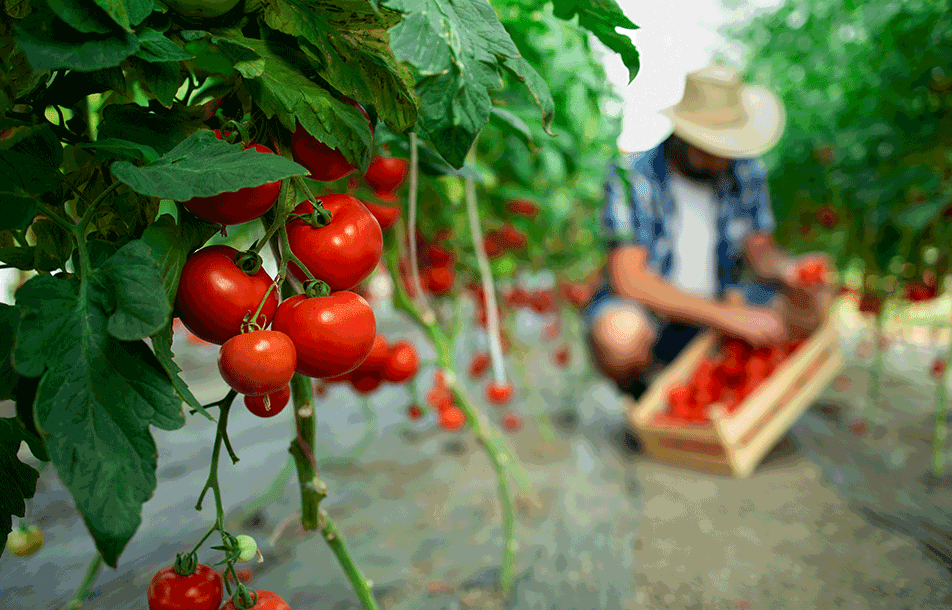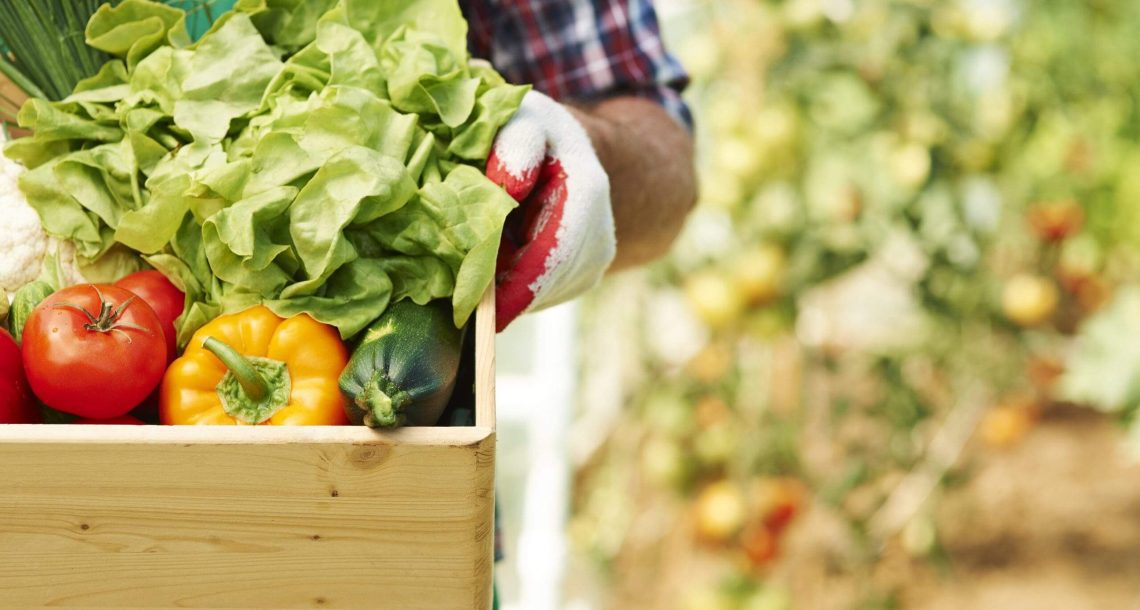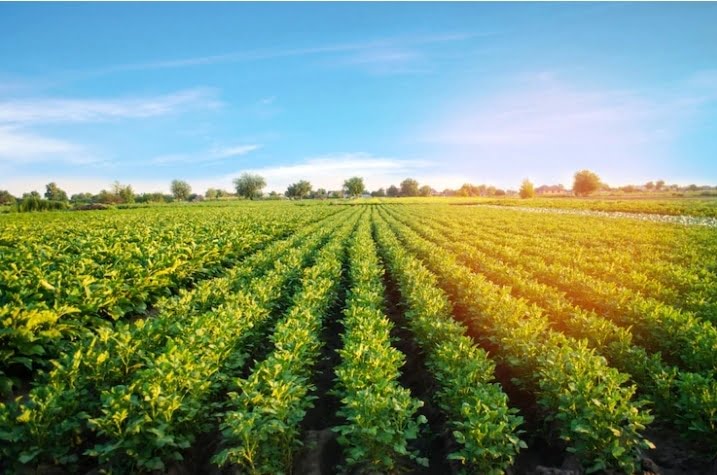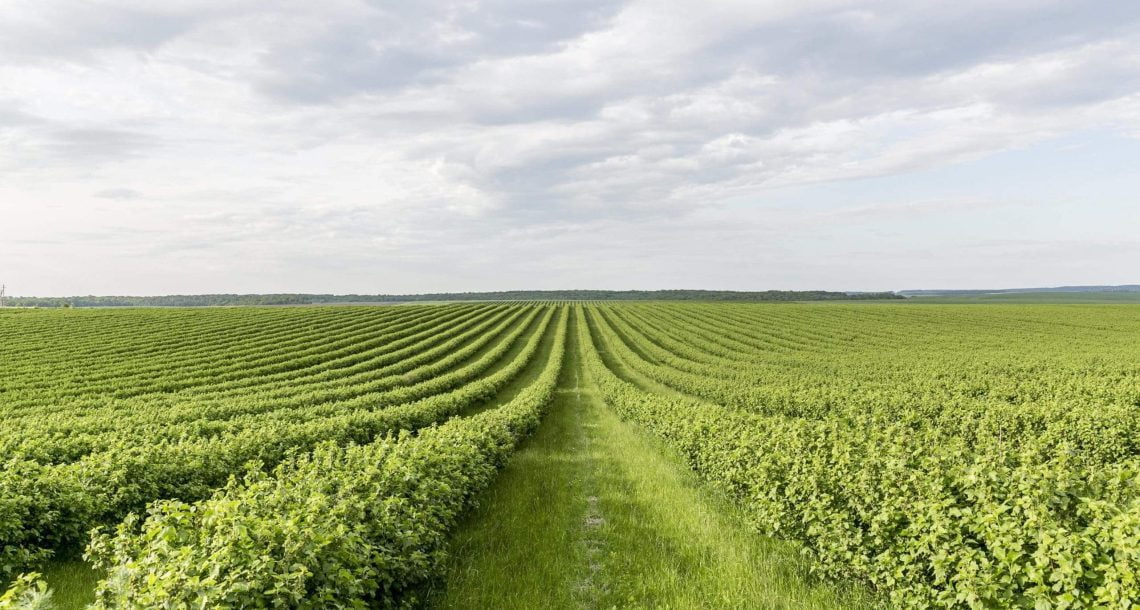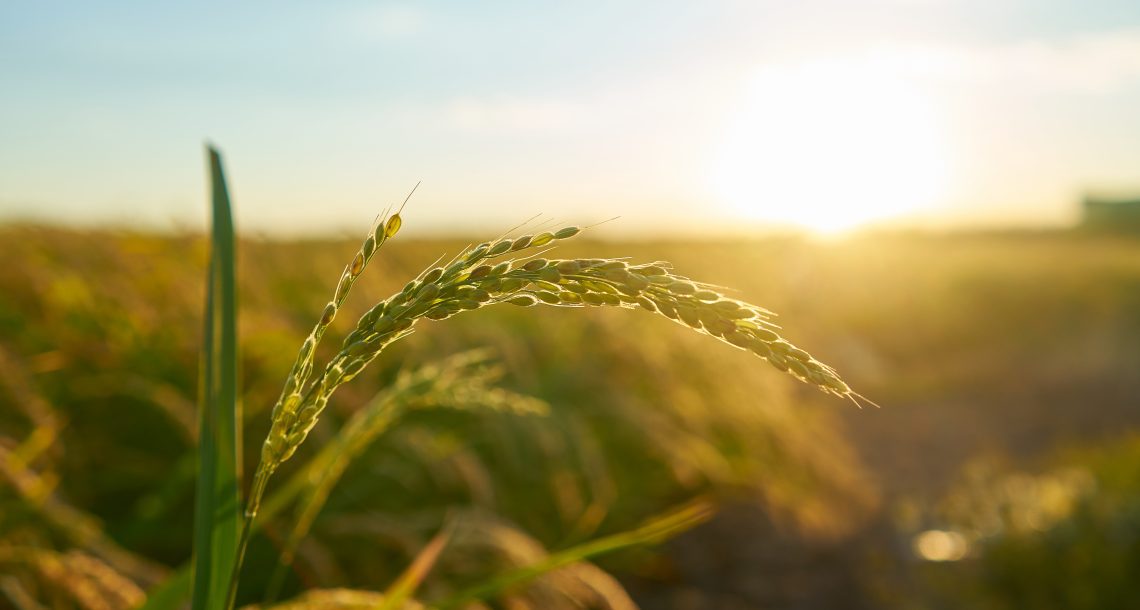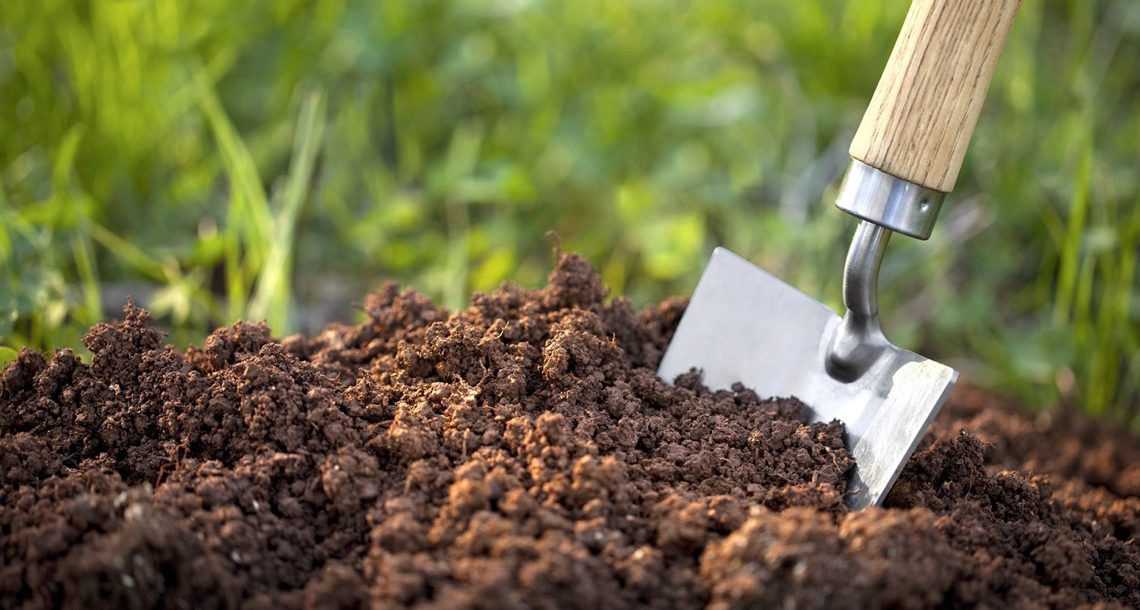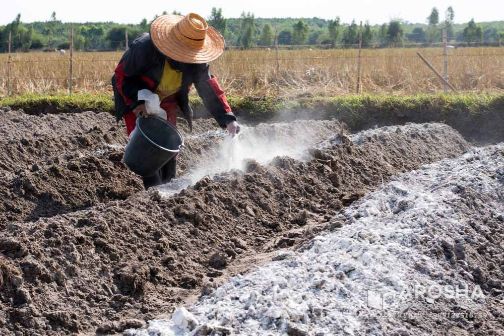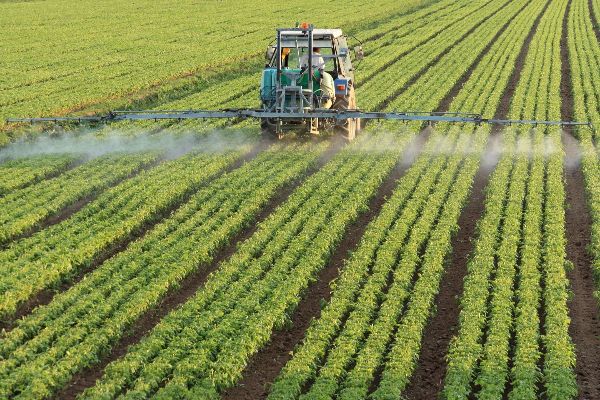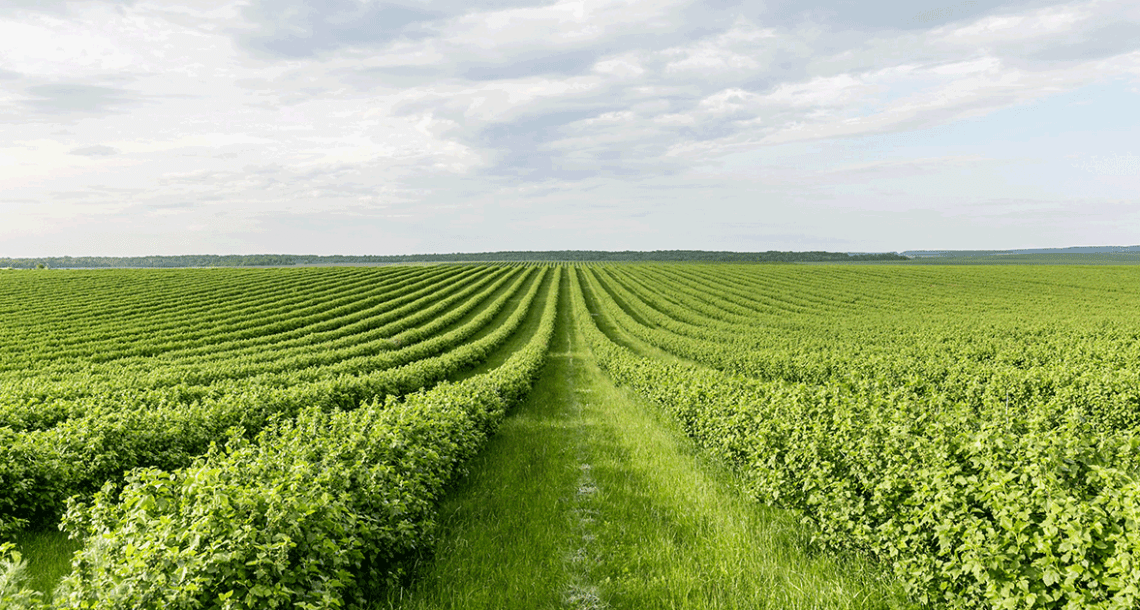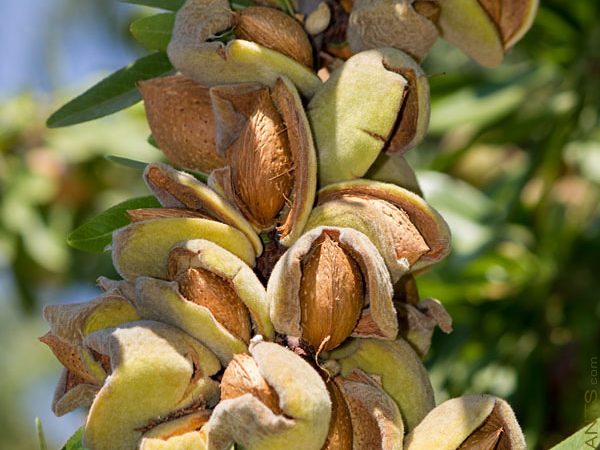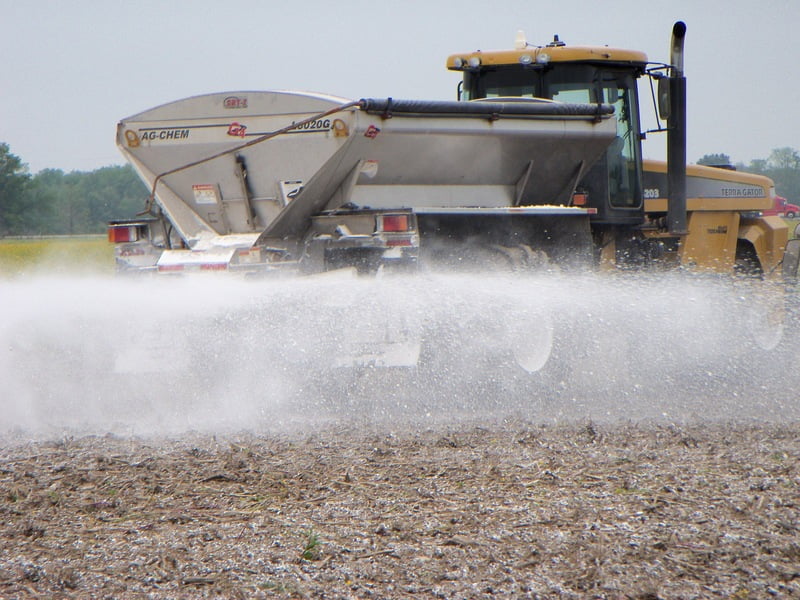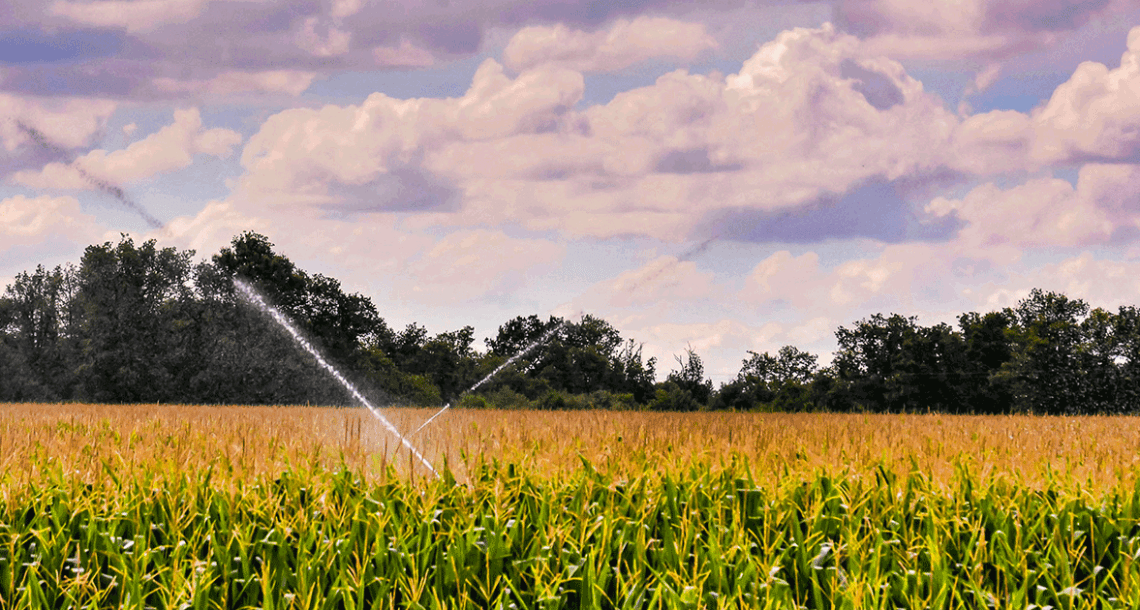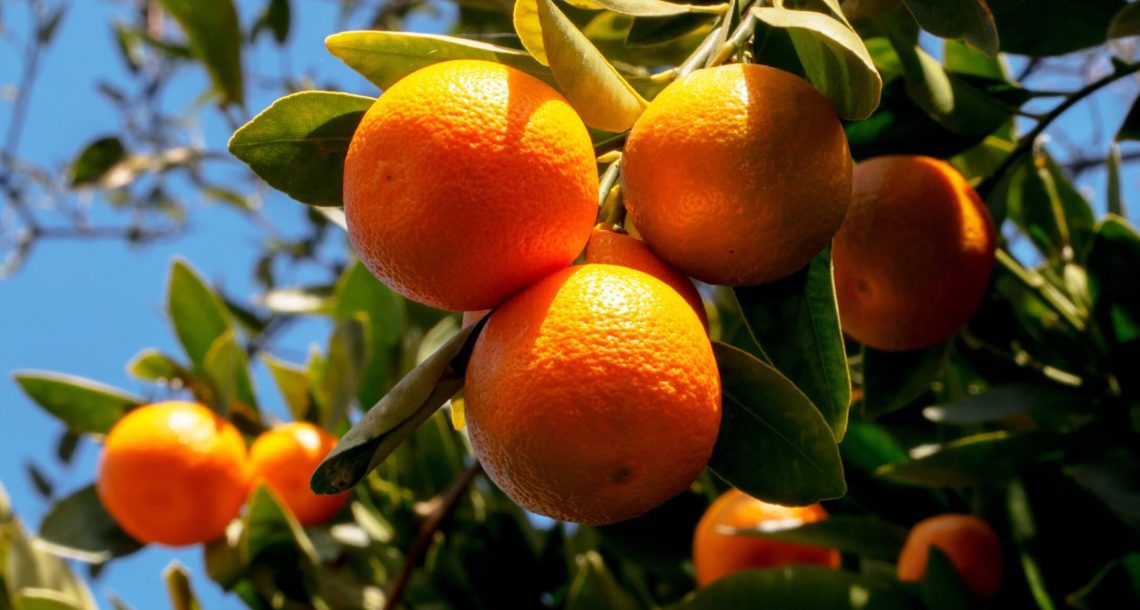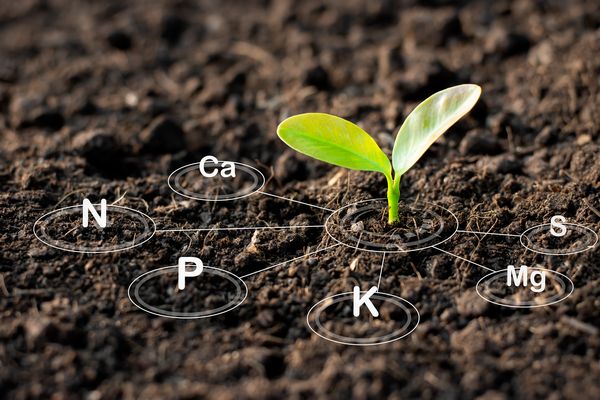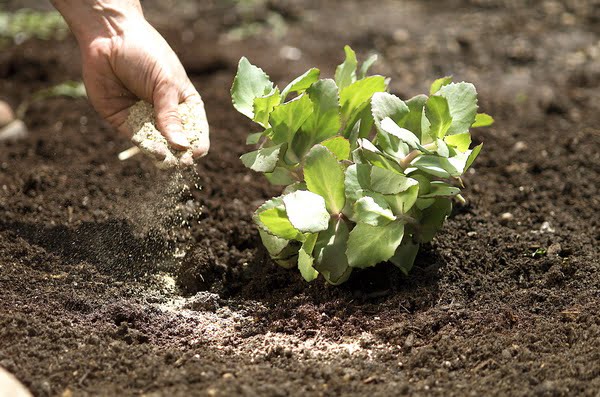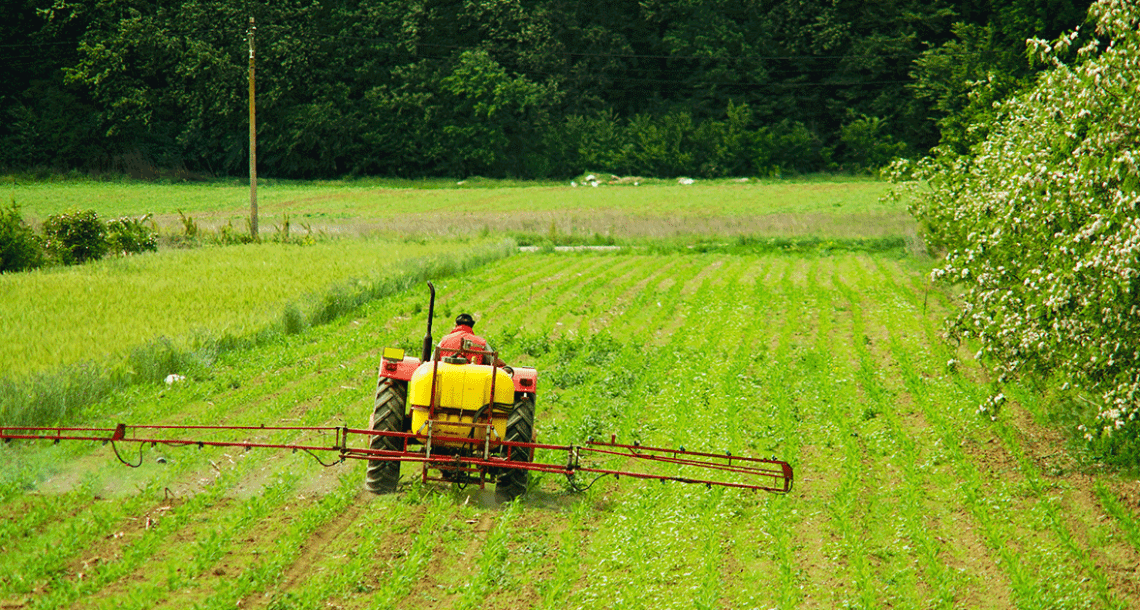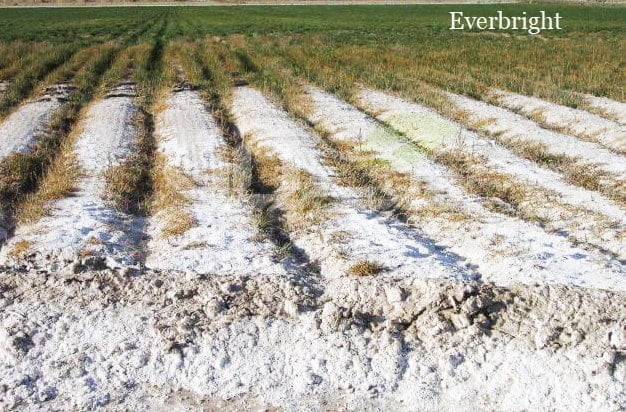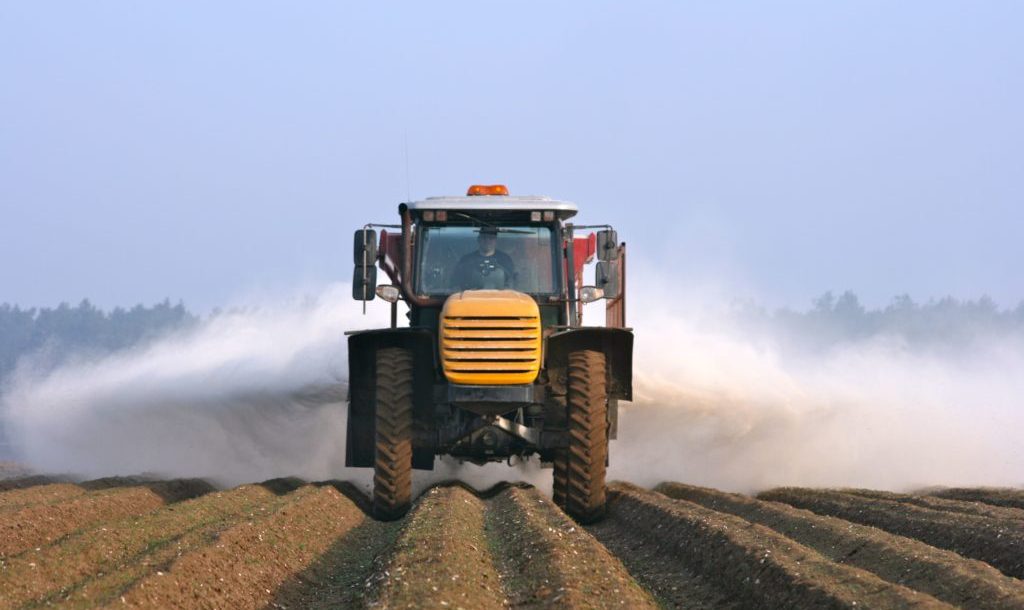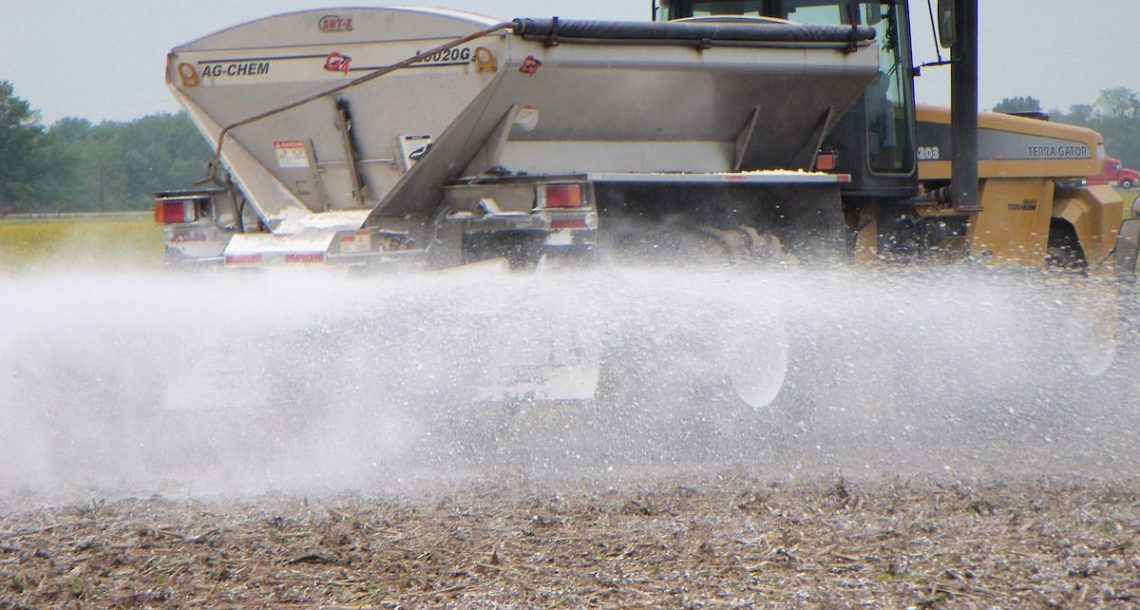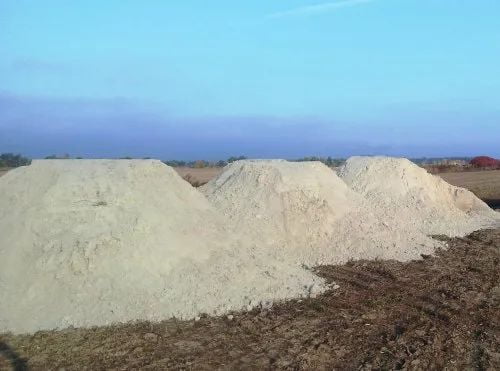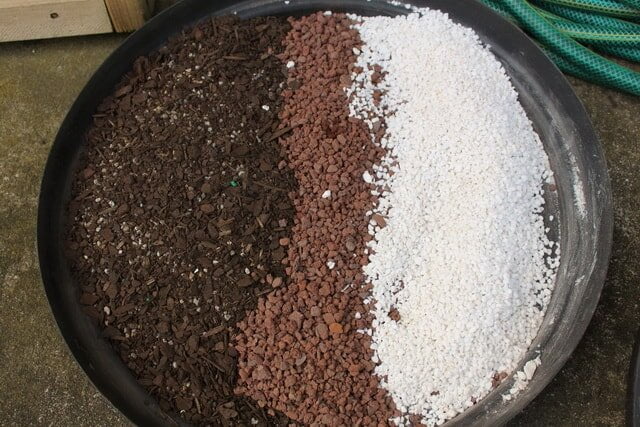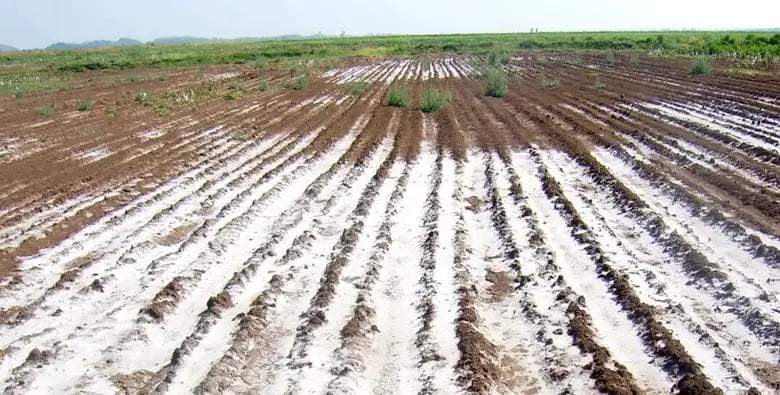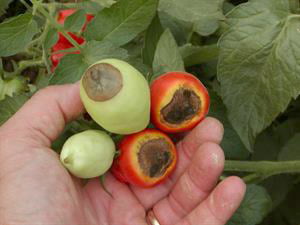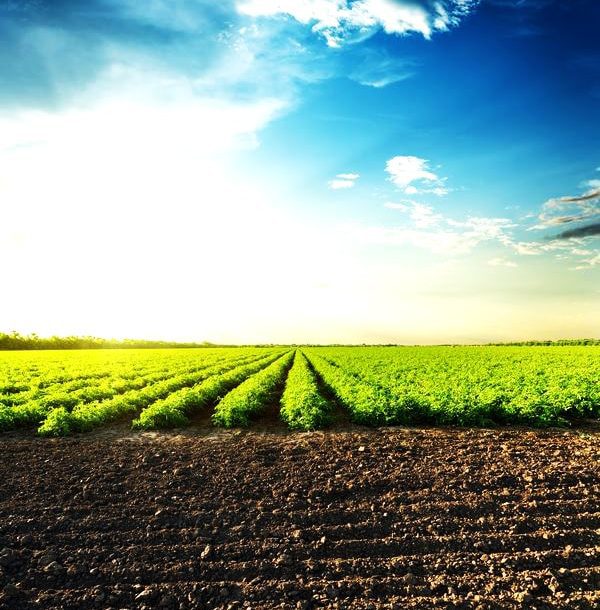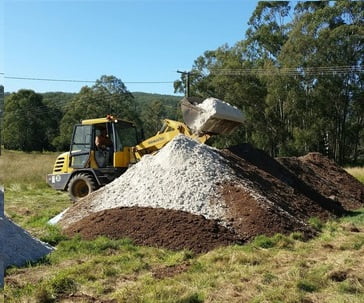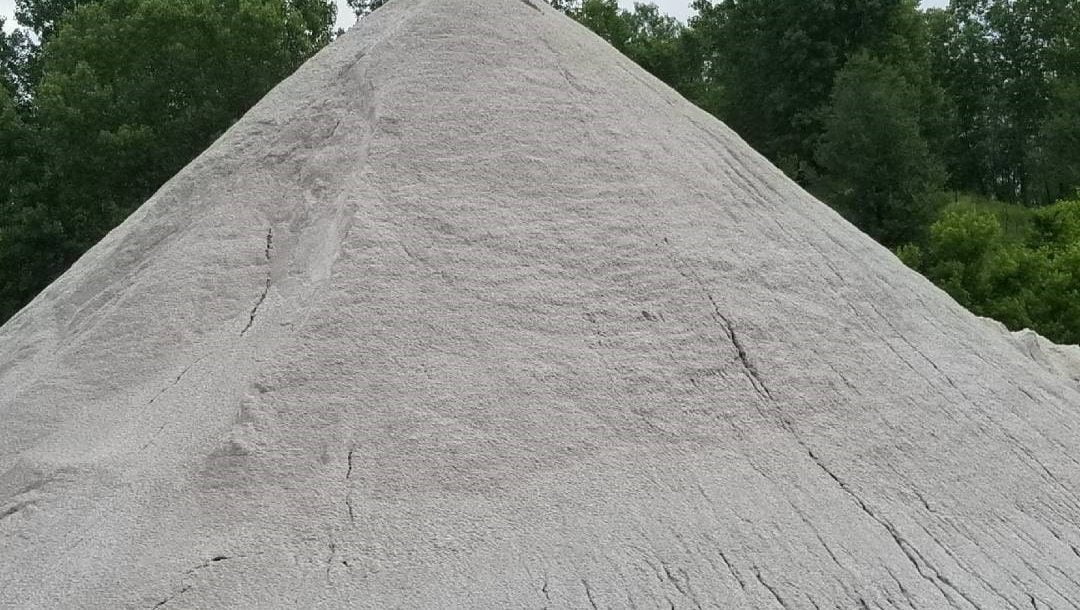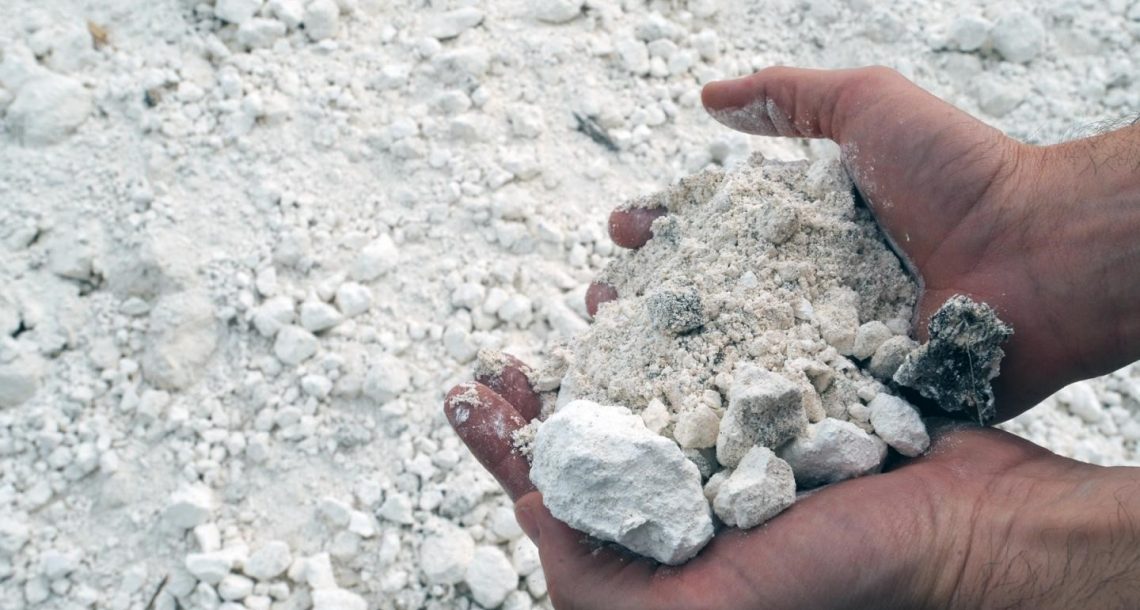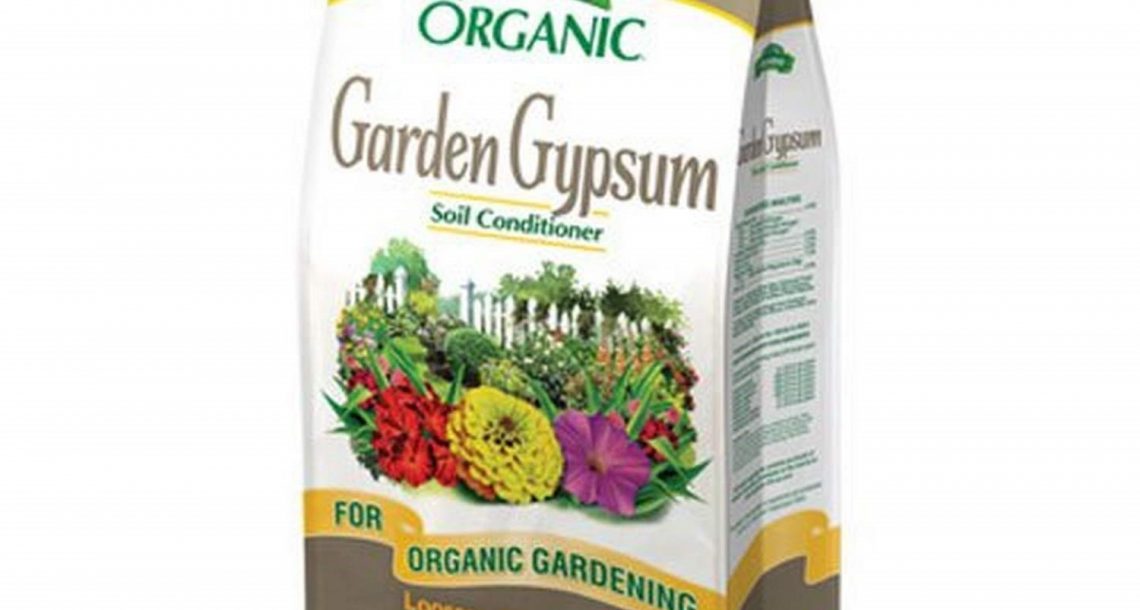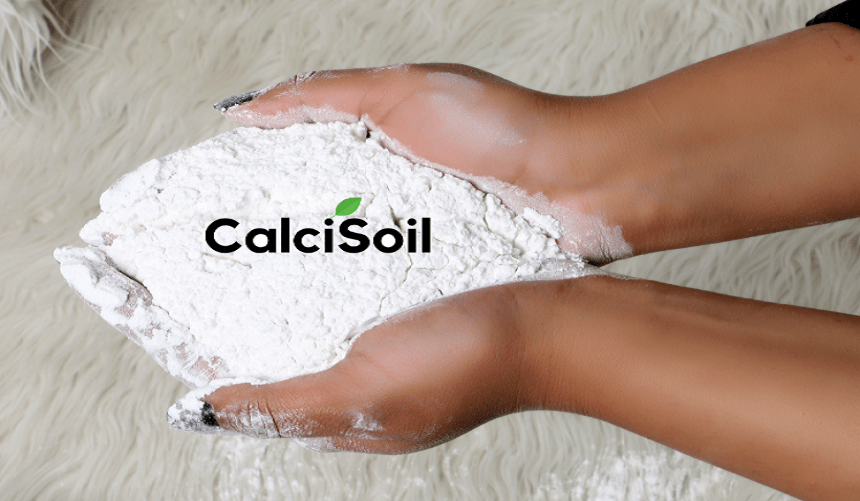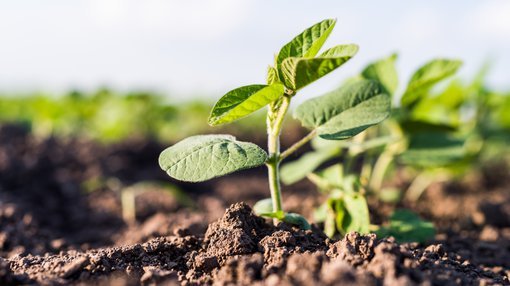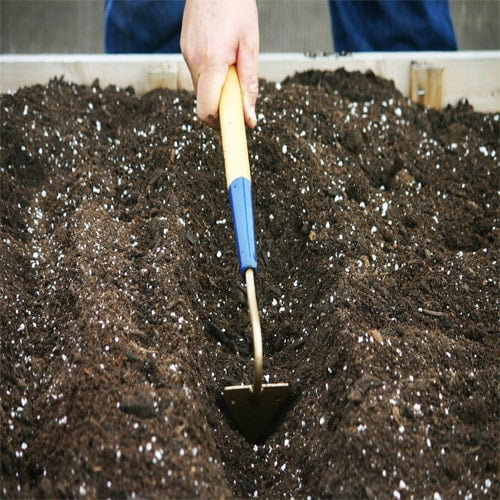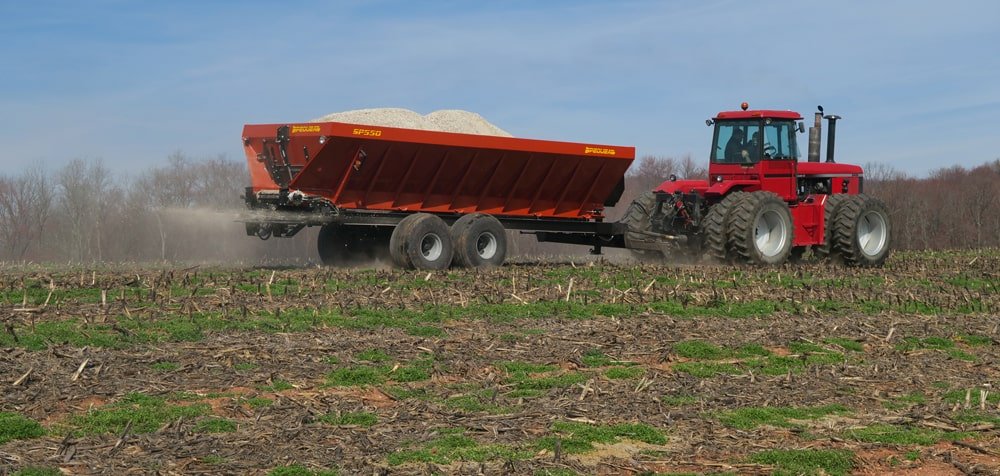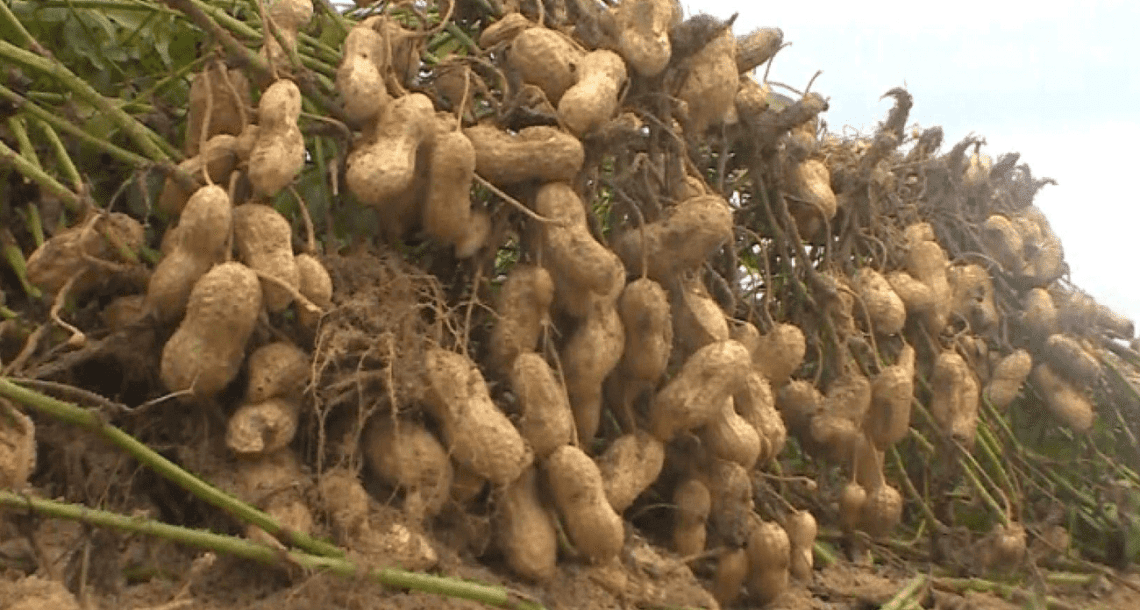Ever Bright Company Blog
3 Common Agricultural Gypsum Types
Agricultural gypsum uses Agricultural gypsum uses come from centuries. And it has received renewed attention in recent years due to ongoing research and practical insights from leading experts. Gypsum is a source of calcium and sulfur for plant nutrition, improves acid soils and treats aluminum toxicity. It also improves soil structure, improves water infiltration, and […]
Avoiding gypsum toxicity for agriculture
The Role of Gypsum in Agriculture: Benefits, Risks, and Gypsum Toxicity Gypsum offers several benefits in agriculture. It helps to reduce aluminum toxicity in soil, particularly in subsoils, and is a source of calcium and sulfur for plant nutrition. Gypsum also aids in reducing runoff and erosion, making it a best management practice for decreasing […]
Gypsum effect on Soil permeability
Soil permeability is the ability of soil to transmit water and air. It is an important property to consider for various applications, such as fish culture, engineering structures, and construction. Permeability is typically represented by the coefficient of permeability (k). which measures the rate of water flow per unit area of soil under a unit […]
Boost your plant growth with Perlite
Using Perlite benefits in horticulture Perlite is a naturally occurring volcanic glass that is mined all over the world and has relatively high water content. It is an amorphous volcanic glass that is formed by the hydration of obsidian. Perlite has the unique property of greatly expanding when heated sufficiently, making it a lightweight, white […]
Gypsum vs. agricultural sulfur
Agricultural sulfur is an essential nutrient for plant growth and development. It is one of the 17 essential plant nutrients and is required by all crops, without exception. Sulfur is necessary for protein synthesis and is needed for the vital needs of plants throughout their cycle. including for building up seed reserves. Sulfur is not […]
Agricultural Lime vs. Gypsum
Liming importance in agriculture In agriculture, liming refers to the application of calcium- and magnesium-rich materials. such as limestone, chalk, or hydrated lime, to soil. This practice is used to neutralize soil acidity, improve plant growth, and increase the activity of soil bacteria. By raising the pH of the soil, liming helps plants develop healthier […]
Horticultural perlite benefits
Horticultural perlite benefits When it comes to creating a soil mix for plants, there are several factors to consider. Such as the type of plant, its water and nutrient needs, and the growing conditions. Here are some general: Drainage and Aeration. Indoor plants require a well-draining soil mix that allows for proper aeration and prevents […]
Ways to determine the soils need for gypsum
Soils need for gypsum Gypsum is used to improve soil conditions and promote healthy plant growth. It helps break up heavily compacted clay soils, making them more porous and able to absorb moisture. Additionally, gypsum can promote better drainage and air circulation, which aids root development and nutrient absorption. It is a good source of […]
Agricultural gypsum for date palm
Agricultural gypsum for date palm Agricultural gypsum can be used to improve the soil structure and nutrient content for date palm cultivation. Gypsum is a moderately soluble source of essential plant nutrients, calcium and sulfur. and it has been applied to agricultural soils for more than 250 years. It can help break up dense clay […]
Best time to apply gypsum for soil
Best time to apply gypsum for soil applying gypsum for soil can provide several benefits as a fertilizer. including being a source of nutrients, improving soil structure, reducing soil erosion, reducing soil acidity, reducing salt levels. Also being non-toxic and safe, and recycling waste product. However, it is important to avoid over-application of gypsum. As […]
Organic farming fertilizer
Organic farming fertilizers are naturally produced materials can be added to soil or plants to provide nutrients and sustain growth. One of the most used organic farming fertilizers that has been used for a long time is agricultural gypsum. It not only improves the quality of the crops and plants but also improves the soil […]
How to use gypsum for lawn
Effect of Agricultural gypsum for lawn Lawns are a popular method of urban and residential landscaping. With the advancement in urban architecture, the use of lawn landscaping is increasingly popular. However, awareness of the negative environmental impact of lawns is growing. Therefore, in addition to using this method for beautifying space, we must also consider […]
Perlite vs. Vermiculite
Perlite vs. Vermiculite. What’s the Difference? Perlite Perlite is a naturally occurring mineral that is commonly used in horticulture as a soil amendment. Or it’s used alone as a medium for hydroponics or for starting cuttings. It is a lightweight, organic soil amendment that can be used to improve drainage and aeration in potting mixes. […]
What is perlite good for?
What is perlite good for? Uses, types, and comparing What is perlite? Perlite is a lightweight and porous volcanic glass that is expanded by heating. It is widely used in various applications due to its unique properties. In gardening and horticulture, perlite is valued for its ability to improve soil drainage and aeration. This is […]
Gypsum as an agricultural amendment
Gypsum as an agricultural amendment Gypsum is a soil agricultural amendment that has been used in agriculture for centuries. It’s a moderately soluble source of calcium and sulfur, which are essential plant nutrients, and can improve overall plant growth. Using agricultural gypsum reasons Gypsum for agriculture is a versatile soil agricultural amendment that offers many […]
calcium sulfate fertilizer benefits
Calcium sulfate fertilizer benefits as a crop & plant nutrient Calcium sulfate fertilizer Calcium sulfate fertilizer, also known as gypsum, is a natural source of nutrition for plants. It acts as a balancing element in improving plants’ root development process. Soil though doesn’t have a lot of sulfur. Sulfur in the soil primarily exists in […]
7 Horticultural Perlite effects on plants growing
Horticultural Perlite effects on plants growing Perlite is a naturally occurring mineral that is commonly used in horticultue to improve soil and boost plant growth. Here are horticultural perlite effects on plants growing. Improved Soil Structure. Perlite helps to keep the soil structure loose, allowing for better root development and penetration. It is physically stable [...]
Horticultural Perlite effect on Soil Erosion
Horticultural perlite effect Investigation For investigating the horticultural perlite effect on soil erosion, it’s noteworthy that soil erosion is a significant concern in horticulture. As it can lead to the loss of fertile topsoil and negatively impact crop productivity. One potential solution to mitigate soil erosion is the use of horticultural perlite. Perlite is a […]
3 Main Horticultural Perlite Benefits
3 Main Horticultural Perlite Benefits Perlite is an excellent soil amendment due to its properties. Lightweight porous structure, water retention ability, and ability to improve aeration and drainage of the potting mix or soil. These properties make it beneficial for plant growth. Here we take a more detailed look at this widely used ingredient. Improves […]
Amazing Perlite Substance
Perlite: A Sustainable Solution for Agriculture and Horticulture Perlite substance is a popular amendment used in agriculture and horticulture to improve soil structure, drainage, and aeration. Perlite is volcanic mineral that is mined and then heated at high temperatures to expand it into lightweight, porous particles. In horticulture, perlite is commonly used as a soil […]
Agriculture Grade Gypsum
Agriculture Grade Gypsum: An Essential Tool for Modern Agriculture Agriculture grade gypsum is a type of gypsum used in large quantities in the agricultural industry. This gypsum is made from calcium sulfate dihydrate (CaSO4. 2H2O) and has a high level of purity. Agriculture grade gypsum is used as a soil conditioner in the agricultural industry […]
Gypsum effect on reducing soil erosion
Gypsum effect on reducing soil erosion Gypsum can help to reduce soil erosion by improving soil structure and increasing the stability of soil aggregates. When soil is eroded, it is typically due to the loss of topsoil, which is the upper layer of soil that contains most of the organic matter and nutrients that support […]
Agricultural gypsum in East Africa
Agricultural gypsum in East Africa East Africa is an agricultural hub that employs millions of people in the region. The countries that make up East Africa, including Tanzania, Kenya, Uganda, Rwanda, Burundi, and South Sudan, have diverse agro-ecological zones. each with its own climate, soils, and topography. Highland areas are ideal for growing high-value crops […]
Gypsum impact on plant nutrition and crop yields
Gypsum and its impact on plant nutrition and crop yields Gypsum (agricultural gypsum) is a mineral that has been used in agriculture for centuries. due to its ability to improve the soil structure and enhance the plant growth. Gypsum is a soft, sulfate mineral composed of the calcium sulfate dihydrate, with the chemical formula of […]
Gypsum for salinity and sodicity management
Gypsum as a soil amendment for salinity and sodicity management Gypsum, also known as calcium sulfate dihydrate, is a naturally occurring mineral has been used as soil amendment for centuries. It has been shown to be effective in managing salinity and sodicity in soils. making it a valuable tool for farmers and gardeners alike. In […]
Improving water use efficiency and drought tolerance
improving water use efficiency and drought tolerance in crops using gypsum Gypsum is a naturally occurring mineral has been used as a soil amendment for centuries. It’s commonly used in agriculture to improve soil structure, reduce soil compaction, and provide essential nutrients to crops. However, one of its lesser-known benefits is its ability to improve […]
Calcium and sulfur source for plants
Agricultural gypsum as a calcium and sulfur source for plants Agricultural gypsum (as a calcium and sulfur source) is a very soft mineral composed of Calcium Sulfate Dihydrate (CaSO4 2H2O. ) that is naturally present in various deposits in our country. It has been used in agriculture even since the time of the Greeks and […]
10 agricultural gypsum benefit
What does gypsum do for soil? 10 agricultural gypsum benefit: Agricultural gypsum as a soil conditioner contains a high quality and the natural calcium sulfate dihydrate. this material is useful among other special materials for use in agriculture. Agricultural gypsum is listed as an organic soil conditioner for use in organic agriculture. by the Organic […]
Calcium Sulfate Applications in Agriculture
Agricultural gypsum benefits Indiscriminate and incorrect agricultural lands use can lead to increased soil sodium content and soil salinity. Calcium sulfate (CaSO4) Systematic use is one of the important improving field efficiency ways, especially in amending clay soils. Besides preventing sodium buildup in soil and amending sodic soils, there’re other calcium sulfate application advantages in […]
Why is gypsum (calcium sulfate) added to the soil?
Gypsum also known as calcium sulfate is used as natural fertilizer a soil amendment, improving its chemical and physical properties. Available in the form of a fine powder, it allows rapid availability of nutrients. _ Agricultural Gypsum provides approximately 17% sulfate anion and 23% calcium oxide, the way in which plants assimilate these nutrients. _ […]
Agricultural gypsum, calcium and sulfur source
Agricultural gypsum is a soil conditioner and a source of calcium and sulfur Agricultural gypsum as a useful soil improver has been used for many years to fertilize the land. It is a very soft mineral composed of the calcium sulfate dihydrate (CaSO4 2H2O). The Greeks and the Romans were the first to use this […]
Agricultural gypsum and soil properties
Agricultural gypsum (calcium sulfate) is an excellent improver of the physical and chemical properties of the soil. Gypsum is used in agriculture to improve Gypsum effects soil physical properties: Gypsum applications can reduce dispersion and promote the stabilization of the soil structure (flocculation). The benefits obtained with the application of gypsum in this type of […]
5 agricultural gypsum benefits
Agricultural gypsum is an important source of calcium and sulfur for crops. Not only is it easy for plants to absorb, but it also helps improve soil quality. Here are five essential agricultural gypsum benefits. Agricultural gypsum Benefits: 1. Provides calcium and sulfur for plant nutrition. “Plants are becoming increasingly deficient in sulfur (S) and […]
Agricultural gypsum as calcium and sulfur fertilizer
Application rate of agricultural gypsum as calcium and sulfur fertilizer As mentioned at the beginning, gypsum is an excellent source of calcium and sulfur. Sulfur is a nutrient that is also often deficient in the soil due to a combination of factors, these include increased crop yields that translate into higher rates of sulfur extraction […]
Agricultural gypsum improves soil chemical properties
Agricultural gypsum improves soil chemical properties The soil chemical properties that are improved with the application of the gypsum include these. 1) Mitigation of subsoil acidity and aluminum toxicity. favoring rooting and the ability of the plants to adequately absorb water and nutrients during the periods of drought. 2) As an improver of sodic soils. […]
What is agricultural gypsum? – 2 important benefits
for answering this question that what is agricultural gypsum, we should say that agricultural gypsum is a very soft mineral composed of calcium sulfate dihydrate (CaSO4 2H2O) that has been used by farmers for a long time. It was widely applied as a fertilizer in Europe in the 18th century, even the Greeks and Romans […]
Agricultural Gypsum Comparison with Other Fertilizers
Comparison of Agricultural Gypsum with Other Fertilizers with Respect to Time and Method of Application We know that soils require amendments with the passage of time. so that their quality and hence that of the crops grown in them improve. Agricultural gypsum can be considered a material for amending soil structure and reducing its salinity. […]
Agricultural Gypsum effects in Managing Soil Salinity
Managing Soil Salinity Soil salinity, which affects a considerable part of cultivatable lands, is one of the factors that limit production of many agronomic and horticultural crops. Various methods have been used for a long time to reduce the impacts of soil salinity stress, but the definitive effectiveness of some of them has not been […]
The amazing gypsum effects on soil physical properties
The amazing effects of gypsum on soil physical properties Suitable soil physical properties are one of the most important factors in obtaining maximum yield. If the soil lacks the proper physical properties for crop growth, application of fertilizers and foliar nutrient sprays will have very little effect on crop yield. Unfortunately, farmers in many cases […]
Salinity stress and Gypsum effect on plants
Gypsum effects on plants Effect of Agricultural Gypsum on Improvement of the Nitrogen, Phosphorus and Potassium in Leaves and Seeds under Salinity Stress Saline irrigated water causes an increase in osmotic pressure, an imbalance between nutrients, and toxicity of some particular nutrients. Thus restricting plant growth. Salinity shifts the selective absorption of ions by the […]
Gypsum effect on Leaves and Seeds on Salinity Stress
Gypsum Effect on Leaves and Seeds Gypsum Effect on Improvement of the Nitrogen, Phosphorus and Potassium in Leaves and Seeds under Salinity Stress Saline irrigated water causes an increase in osmotic pressure, an imbalance between nutrients, and toxicity of some particular nutrients. thus restricting plant growth. Salinity shifts the selective absorption of ions by the […]
Agricultural Gypsum Effects on Soil Moisture
Effects of agricultural gypsum on soil moisture and Its use as an Agricultural Fertilizer Gypsum application shortens the time that must pass after irrigation before plowing the land. Lands to which gypsum has been added can be plowed at a higher percent soil moisture content without compacting the soil or degrading its structure. In other […]
Gypsum effects on saline and sodic soils
Gypsum effects on saline and sodic soils Soils become saline in many ways. Weathering of parent rock and lack of salt transfer due to low precipitation are the main reasons for primary soil salinity in arid and semi-arid regions. Salt accumulation caused by poor irrigation management and or use of low-quality water are among the […]
Adding agricultural gypsum rules to almond orchards
Using agricultural gypsum in almond orchards Using gypsum in almond orchards and the addition of agricultural gypsum to its soil, like other modification operations, should occur during the dormant period of trees in autumn and winter. However, gypsum can be added to the orchard soil in any season of year if the required conditions are […]
9 Things to Remember When Buying Gypsum
Important Buying Gypsum Tips For buying gypsum pay attention to these items: 1_ The higher the percentage of sand in gypsum is the lower its quality will be and vice versa. 2_ The lower the pH value of gypsum is the higher its quality will be. 3_ Salinity (expressed as EC) is the most […]
Agricultural gypsum effect on irrigation efficiency
Using agricultural gypsum effect on increasing irrigation efficiency Applying and adding agricultural gypsum to the soil, especially in arid regions, increases irrigation water efficiency. this is done by increasing water absorption coefficient, increasing soil hydraulic conduction, increasing soil moisture storage. and also root growth to lower soil depths. Gypsum-treated soils store between 25 and 70% […]
Agricultural gypsum effect on plants
Agricultural gypsum affects plants (Agricultural gypsum effect on the quality of fruits and plants) The application of plaster increases the quality of fruits and prevents some of the plant diseases. We see lack of Calcium in most of the growing fruits. For harvesting fruits with appropriate quality, enough Calcium is necessary. Therefore, enough Calcium must […]
Gypsum Effects as a Soil Conditioner
Effects of Gypsum as a Soil Conditioner on Physical Properties of the Soil _ Improved surface crusting and prevention of the pore clogging by clay. _ Increased seed germination rates due to the improved soil structure. _ Enhanced rooting caused by the improved soil structure. _ Reduced erosion and runoff because of the greater water […]
Gypsum Effect in Reducing Aluminum Toxicity
Effect of Gypsum in Reducing Aluminum Toxicity Almost 50% of the potentially arable lands in the world are faced with the acidification problem. Use of the agricultural gypsum in the soils with the high aluminum concentration, such as the soils in lands under the tea cultivation and those near dried up swamps used in the […]
Saline and alkaline soils and their grading
Amending saline and alkaline soils procedure The main problem in amending alkaline soils is their degraded structure and toxicity resulting from the sodium presence. First step in amending such soils is to apply large amounts of calcium in form of small calcium sulfate particles. (several tons per hectare) to displace sodium by calcium. The smaller […]
Agricultural gypsum benefits
Agricultural gypsum benefits And importance of its application Gypsum is one of the first fertilizers used by the farmers throughout the world. In the some places it has been used as a fertilizer for about 250 years. Gypsum has moderate solubility in water (2.5-2.6 g/L). Its solubility is much greater compared to compounds. such as […]
Agricultural gypsum Effects on soil salinity and pH
Soil salinity and pH, which are among the very important factors in agricultural efficiency, will be discussed next Agricultural gypsum effects on soil salinity Water and soil salinity inflict considerable losses on agricultural and horticultural production. Among the dominant soil cations, sodium ions have a direct relationship with salinity. i. e, increases in soil salinity […]
Gypsum effect application on soil fertility
Gypsum effect application on soil fertility If confirmed by laboratory results, and despite entailed cost, gypsum application is necessary and must be priority among farming practices. Essentially, increased calcium concentration in soil solution in anyway, such as by gypsum application, can cause formation of insoluble compounds. containing phosphorus or micronutrients thus making them unavailable to […]
Agricultural gypsum particle size distribution
Agricultural gypsum particle size distribution When using gypsum, the particle size of the gypsum used must be considered. Smaller gypsum particles dissolve faster. Of course, given the cost of this work, the size choice depends on economic issues. and this does not mean that the use of powder agricultural gypsum can have the best result […]
Gypsum properties suitable for soil amendment
Suitable gypsum properties Gypsum, no matter how it is used, must be applied with the heavy irrigation. So that the sodium released from the exchange surfaces leaves the root zone along with the irrigation water. Important point is water volume required for dissolving specific gypsum amount usually calculated based on gypsum solubility in free water. […]
Applying agricultural gypsum rules
Applying agricultural gypsum rules When and how to apply agricultural gypsum As in all other soil amendments, it is better to apply gypsum during plant dormancy or in autumn or winter. Of course, under right conditions and sufficient water presence, gypsum can be applied to soil in any season of year. Gypsum has average solubility […]
Gypsum, the soil conditioner
Gypsum, the soil conditioner Correcting materials used for soils with high magnesium or sodium can basically be divided into two main groups. The first group –e. g. gypsum- add “calcium” ions to soil solution directly, and the second group –e. g. various acids or sulfur- reduces soil acidity which results in lime dissolution in soil […]
Soil recognition and analysis
Soil recognition and analysis, after the use of agricultural gypsum Soil based on soil analysis can determine what materials plant needs. and to what extent these materials are placed in another plant. Most of methods are used to use agricultural gypsum in traditional way and without knowledge, your aspect isn’t practically scientific. and you should […]
Agricultural gypsum application in saffron fields
Agricultural gypsum application benefits Investigation of the mechanism of agricultural gypsum in reducing the soil salinity of saffron fields shows that there is no time limit for adding gypsum to the soil and it can be done at any time. We should also add gypsum to the soil when heavy irrigation is possible. If the […]
Gypsum effect on sodium soils modification
Sodium soils modification According to the definition of the American Salinity Laboratory (1954), sodium soil is soil whose percentage of exchangeable sodium (ESP) is greater than 15%. But in a study by Norscott and Chisen (1972), the researchers showed that if the soil ESP was greater than 6, it would affect the physical properties of […]
Gypsum and saline and alkaline waters usage
lands irrigation procedure Use of gypsum and saline and alkaline waters used to irrigate lands Irrigation of agricultural lands using saline and alkaline waters will reduce the quality of soils in these lands. so that after a few years of irrigation with saline water, it will cause the non-use of such lands. In such cases, […]
Adding Gypsum to Lime-Rich Soils Impacts
Impacts of Adding Gypsum to Lime-Rich Soils Gypsum increases the quality of products Gypsum is one of the best sources of calcium and sulfate for plants. that need calcium, including peanuts, tomatoes, wheat, corn, citrus, and so on. However, calcium deficiency is evident in most calcareous soils. where it is among the leading cause of […]
Gypsum Effects Agricultural Soils
Gypsum Effects Agricultural Soils The effects of gypsum on agricultural soils can be divided into three classes Its effects on soil physical characteristics Its effects as a fertilizer on plant nutrition Its effects as a soil amendment on problematic soils (sodic, acidic, clay soils) In agricultural practices. main objective in managing soil, water, air inside […]
Gypsum Application for increasing Soil Infiltration
Increasing Soil Infiltration How Can Gypsum Application to Soil Increase its Infiltration? Gypsum increases the number of large soil pores by improving soil structure ( Miller, 1987). Moreover, soil infiltration is directly related to the diameter of soil pores. Consequently, soil infiltration will improve by increasing its gypsum content. Improved soil infiltration increases the amount […]
Buy Agricultural gypsum in Bangladesh
Buy Agricultural gypsum in Bangladesh We are a company that can provide you Agricultural gypsum in Bangladesh. Agriculture gypsum products are a useful soil amendment for many sorts of clay lands, as it slows down the soil dispersal rate. Agriculture gypsum can also be helpful when added to soils with excessive additives, because it’s going […]
Buy Agricultural gypsum in United Arab Emirates
Utilizing Gypsum in Gardening As somebody who resides and Growing veggies onto a clay land with a clay sub soil that is great, I’m always considering a way. Utilizing gypsum not merely contributes to Because the standard of the soil boosts plants but working digging to prevent compaction. Buy Agricultural gypsum in United Arab Emirates […]
Gypsum fertilizer order ways
Gypsum fertilizer order ways Incredible Benefits of Garden and Lawn Gypsum fertilizer Because of practical insights and research, Lawn and Garden Gypsum use has come into notice in past couple of decades. Farmers use Calcium Sulphate Dihydrate inside garden, lawn or field locates its use really beneficial Due to these recorded qualifies. Supplies vital micronutrients […]
Best Organic Fertilizer
Best Organic Fertilizer Everything You Need to Know Before Applying It Organic fertilizers consist of a vast amount of the derivatives that are obtained fresh or dried plants’ material. animal manures and also by-products of the agricultural waste. This may vary in the nutrient content as organic fertilizer for the agricultural soil is extracted from […]
Calcium Sulfate Fertilizer in Gardening
Why You Should Use Calcium Sulfate Fertilizer in Gardening? Heavy clay or the layer of hard subsoil issues in your garden? It is a prevalent trouble for the gardeners causing soil compaction, soggy soil and the poor drainage. Calcium sulfate fertilizer can be used to overcome the issue. As it helps to loosen the heavy […]
Gypsum Application as a Soil Conditioner
A Comprehensive Guide to the Application of Gypsum as a Soil Conditioner Gypsum is considered as one of the best soil conditioners as it is both natural and mineral. Soil Conditioning is deemed as an effective method to change the chemical and physical condition of soils in order to gain more plant fertility. Agricultural gypsum […]
How Natural Gypsum Fertilizer Can Benefit Soil?
Natural Gypsum Fertilizer Benefit Gypsum is an important mineral that is obtained from the surface as well as underground deposits. It provides calcium and sulfur to plants and benefits soil properties to a large extent. Farmers use agricultural gypsum for nourishing and improving soil texture for enhanced productivity. It’s important to learn when agricultural grade […]
Top 5 Agricultural Gypsum Advantages
Top 5 Agricultural Gypsum Advantages That Makes It Farmer’s Best Friend Are you looking for a vital mineral for your agricultural field? If yes then there’s no doubt that farmers are using this essential mineral for the centuries; however, it is in recent years that it has gained much attention all over the world. The […]
Agricultural gypsum volume I need
gypsum volume I need To determine the volume of gypsum needed for soil amendment, several factors should be considered. such as soil type, soil pH, and the desired outcome. Here are some insights from the search results. _ Gypsum is the most commonly used amendment for sodic soil reclamation. It can be included as a […]
How Gypsum Can Help Your Garden Grow
How Gypsum Can Help Your Garden Grow Whether you love vegetables or flowers, there’s a lot that goes into a beautiful and healthy garden. If you’ve tried garden fertilizers and other products from your local hardware store and still aren’t getting results you’d like. the problem could be in your soil. Lack of proper nutrients […]

